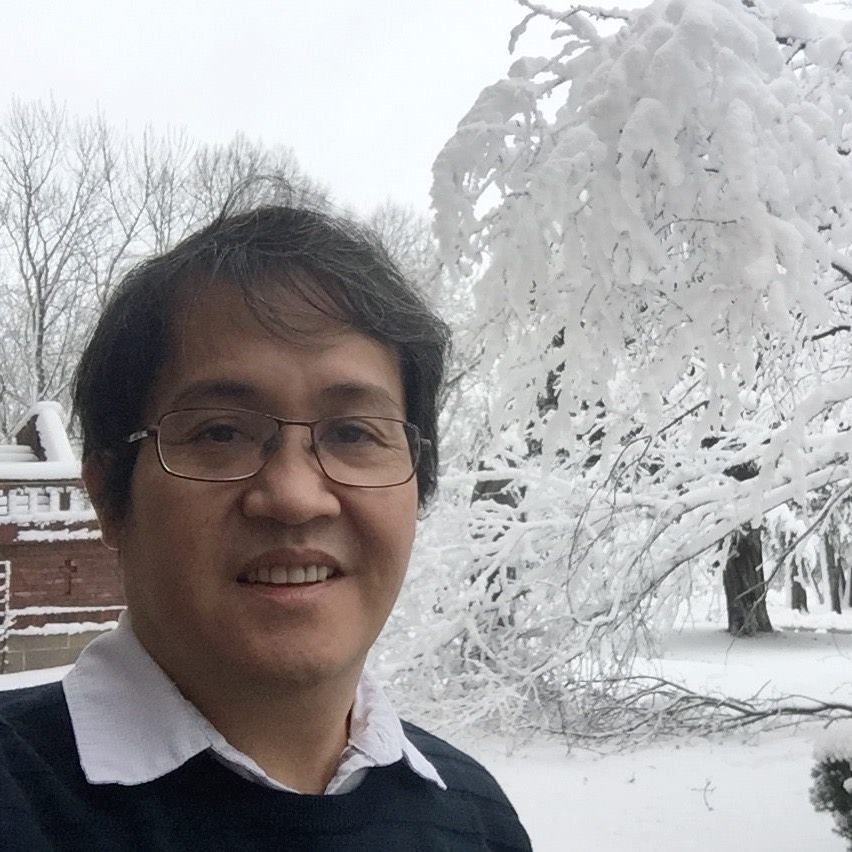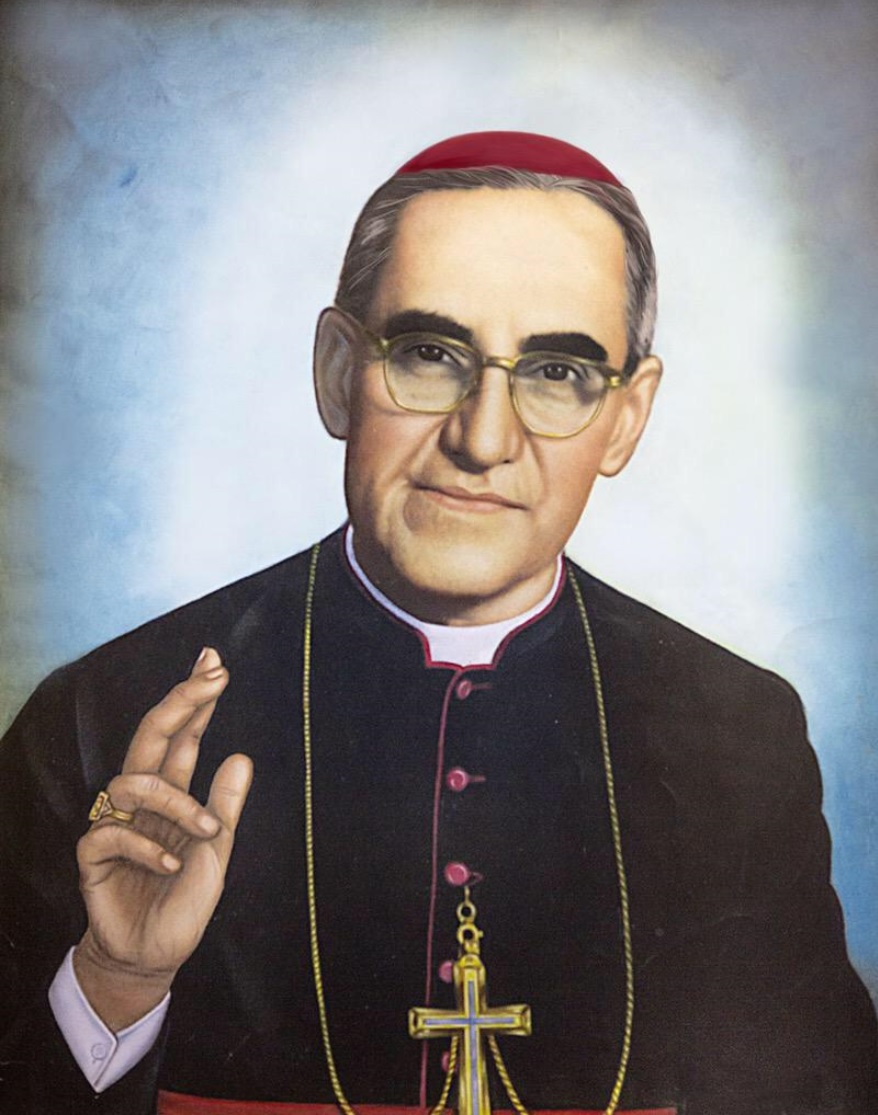A Shepherd with the Smell of his Sheep
By Fr. Cireneo Matulac

The author, known to many as “Father Dodong”, is a Columban priest from Payao, Zamboanga Sibugay. He had worked in China for quite a number of years. At present, he is part of the formation staff at the Columban House of Studies in Cubao, Quezon City.
In the film Monseñor: The Last Journey of Oscar Romero, the Archbishop is seen in the cafeteria of the Archdiocesan Pastoral Center of San Salvador having coffee with the people. This was at the height of the military repression in El Salvador and people flocked to him to tell their stories about missing loved ones and those who were killed. One of the women said, “I only had pieces of him to bury, and I cried out, ‘Why did they burn him? Why did they kill him? My son was not an assassin.’” Monseñor Romero listened to their stories and afterwards he instructed the lawyers to document the circumstances of the killings and by doing so, he gave voice to the victims.
In this essay I would like to focus on Romero’s personal witness and his role as shepherd of the church who accompanied his people selflessly and offered his life for them.

Saint Oscar Arnulfo Romero, bishop and martyr (1917–1980)
Romero’s choice of lifestyle already spoke of his total commitment to the poor. He was selfless and didn’t even have a property of his own. Jon Sobrino commented that “He made the cathedral his workplace par excellence, the place where the people met, the place which linked hundreds of priests and nuns, the place from which his message went out to the nation, and to the nations of the world. But the cathedral was also the place where people had been massacred, the place where they sought sanctuary. It served as the hospital for the wounded and a mortuary for the dead of the church and of the people.” Sobrino was referring to times when people demonstrated in the public spaces close to the cathedral and when they were fired upon by the national security forces, the people, especially the wounded, took refuge in the cathedral. Romero calls the church the body of Christ. It’s the body of Christ that bears the bruises, the abuses and the pains of the people.
These two images of Romero, listening intently to people who came to him, and presiding in the Eucharist at the cathedral with thousands of people listening to the words of their pastor profoundly captured Romero’s closeness to his sheep. He felt the anguish and suffering of the poor and he spoke for them. It’s not hard to realize how easy it was for the powerful people to disregard the life of the poor especially the campesinos. But Romero valued and loved the poor. His life and ministry revolved around his commitment to his people especially those who were weak and defenseless. He incarnated the love of God by loving and caring for his flock.
In his fourth pastoral letter, Romero spoke of evangelization, the proclamation of the Word of God, as the primary task of the church. He said that, “on accepting this word of God, Christians find that it is a living word that brings with it awareness of what sin and grace are, and of what must be resisted and what must be built up on earth.” The word of God is not only good news to the poor but to the wealthy and privileged as well. He taught everyone what it meant to live out the kingdom of God that Jesus proclaimed. It meant justice for the poor and the marginalized but also a way for the rich people to participate in the realization of the kingdom. The rich however chose not to listen to the message of the gospel. They saw Romero as a threat to their power, control and privilege. The power of the state protected this privilege and directed its repression against the people and the church that defended these people. Romero denounced historical injustice and called for conversion. He pleaded for the cessation of repression and violence. He stood for the truth and defended the rights of the oppressed. The poor felt empowered by his words and actions.
When there was a threat to his life he said, “As a pastor, I am bound by the divine command to give my life for those whom I love, and that includes all Salvadorans, even those who are going to kill me… Martyrdom is a grace from God and I do not believe I have earned it. But if God accepts the sacrifice of my life, then may my blood be the seed of liberty, and a sign of hope that will soon become a reality… But I wish they could realize that they are wasting their time. A Bishop will die, but the church of God – the people of God – will never die.” In March 24, 1980, Romero was assassinated. The people lost a great leader but he continues to live in the hearts of his people. He showed us the way to truly love one’s neighbor even at the cost of one’s life. His life is an inspiration to me and to all Christians, and continues to transform the Catholic church. He showed us how to be a shepherd, someone who has a profound sense of the realities of his people and knows how to serve them according to the way of Jesus Christ.
